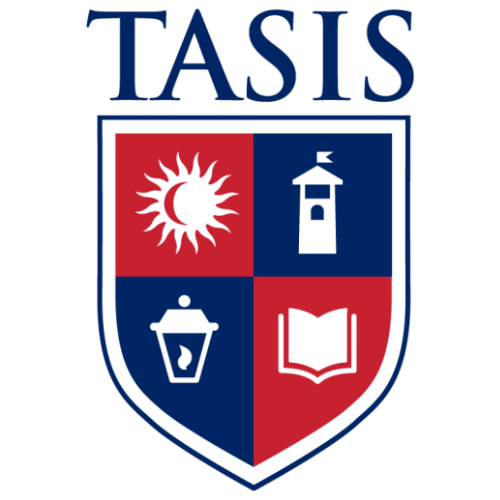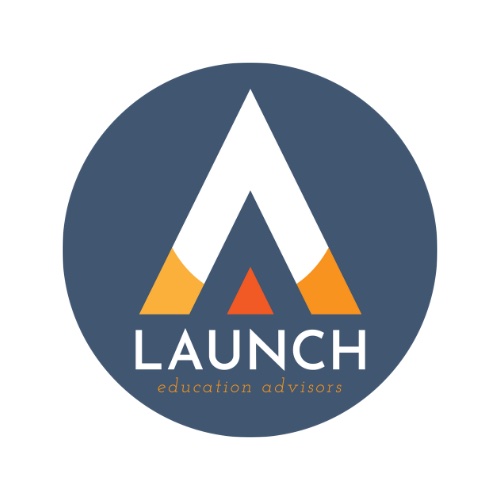compiled by the Education Team
Click on the links below to see what’s been happening in the world of education this month!
An Updated Resource from the Education Team
Originally published in June 2020, the fourth installment of Adrianne George’s fabulous series Resources for Students and Parents Learning and Teaching from Home has been updated thanks to Lily Casal and her Girl Scout troop leader. As part of working on their Arts and Culture Fun Patch, the troop leader challenged the girls to look for activities they could do from home, and Lily found Adrianne’s series! Lily not only checked out the listed resources, she then paid it forward by suggesting two more resources for others. Thanks Lily! We appreciate you!
Education in the Crosshairs in Ukraine
From Theirworld:
“When Aurica Rață and her parents heard loud noises in the early hours of February 24, they thought it was a storm. Then the truth dawned on them...‘I opened Facebook and in just a few minutes my world turned upside down,’ she said.
Aurica is a Global Youth Ambassador for Theirworld. She lives in Moldova, which is bordered on three sides by Ukraine. In a powerful blog for Theirworld, Aurica writes about the effects of the Russian invasion. More than 135,000 Ukrainian children have crossed into Moldova, and Aurica argues for urgent action to provide them with a safe space to learn.
She adds: ‘Mothers are scared for their children’s future, mental health and wellbeing. The only thing that helps parents cope with their fear is for their children to continue with their education.’ ”
Link to the full article HERE.
News from Graduate Women International (GWI) on the Status of Education at the United Nations
(copied verbatim from latest newsletter)
Commission on the Status of Women (CSW66) Future of Education Conversation Circle
On March 18, GWI United Nations Representative, Maureen Byrne, PhD, participated in the CSW66 Future of Education Conversation Circle. Dr. Byrne reports that participants identified the most pressing concerns/issues/barriers in terms of the future of education as the following categories: Curriculum, Funding, Mental Health and Resilience, Poverty, Inclusivity, Global Citizenship and Climate Change, Teacher Shortages and Values. Additional concerns raised were: 1) Who should determine what gets included and what gets left out? 2) Educators need to answer, “What is education?” “Who is it for”? 3) How do we address the failures highlighted by COVID-19? 4) How do we address the disconnect between industry and academia? 5) Young people are feeling great pressure to be the future, but they feel they are not taught how to survive or how to get there. GWI encourages you to read Dr. Byrne’s full report HERE.
GWI at UNESCO Higher Education Conversation sixth session
On April 5 GWI Executive Director, Stacy Dry Lara, participated in the UNESCO Higher Education Conversation sixth session. The session brought together policy makers and higher education stakeholders to discuss the importance of data and knowledge production in ensuring inclusive, quality higher education for all. The conversation centered around the limitations on international higher education data collection and knowledge production which are notably data availability and coverage. Speakers noted the clear role regarding data collection at the lower, compulsory education levels. However, the autonomous nature of higher education leads to weaker data. This gap impacts the international monitoring of progress, thereby implementation towards the SDGs, including the targets related to higher education. It was noted that there is a need for a broader scope and understanding of data such as what happens to students after they graduate or to know why they exited the system. That said, well-thought out policies and programmes cannot be established without the development and monitoring of information in and among higher education systems. Panellists noted that understanding the motivations and incentives for data collection in order to promote both the importance and benefits of data collection to governments and higher education institutions is mandatory. Digital transformations, including artificial intelligence and big data, can also play a key role in supporting higher education institutions to utilize data for better planning, financing and quality education.
![]()


